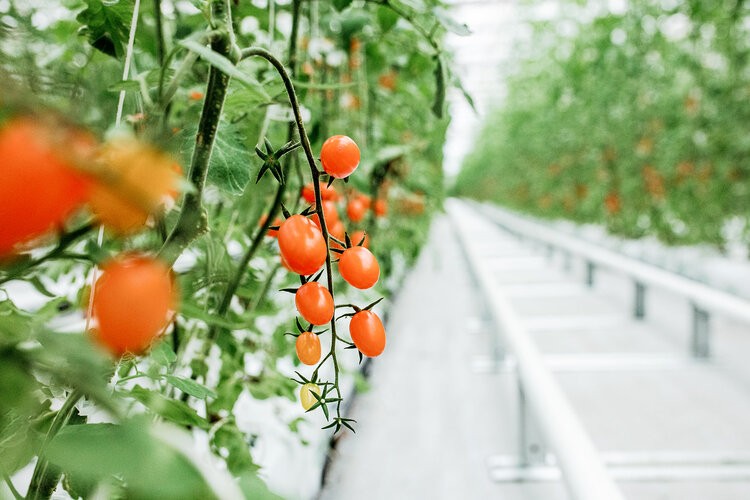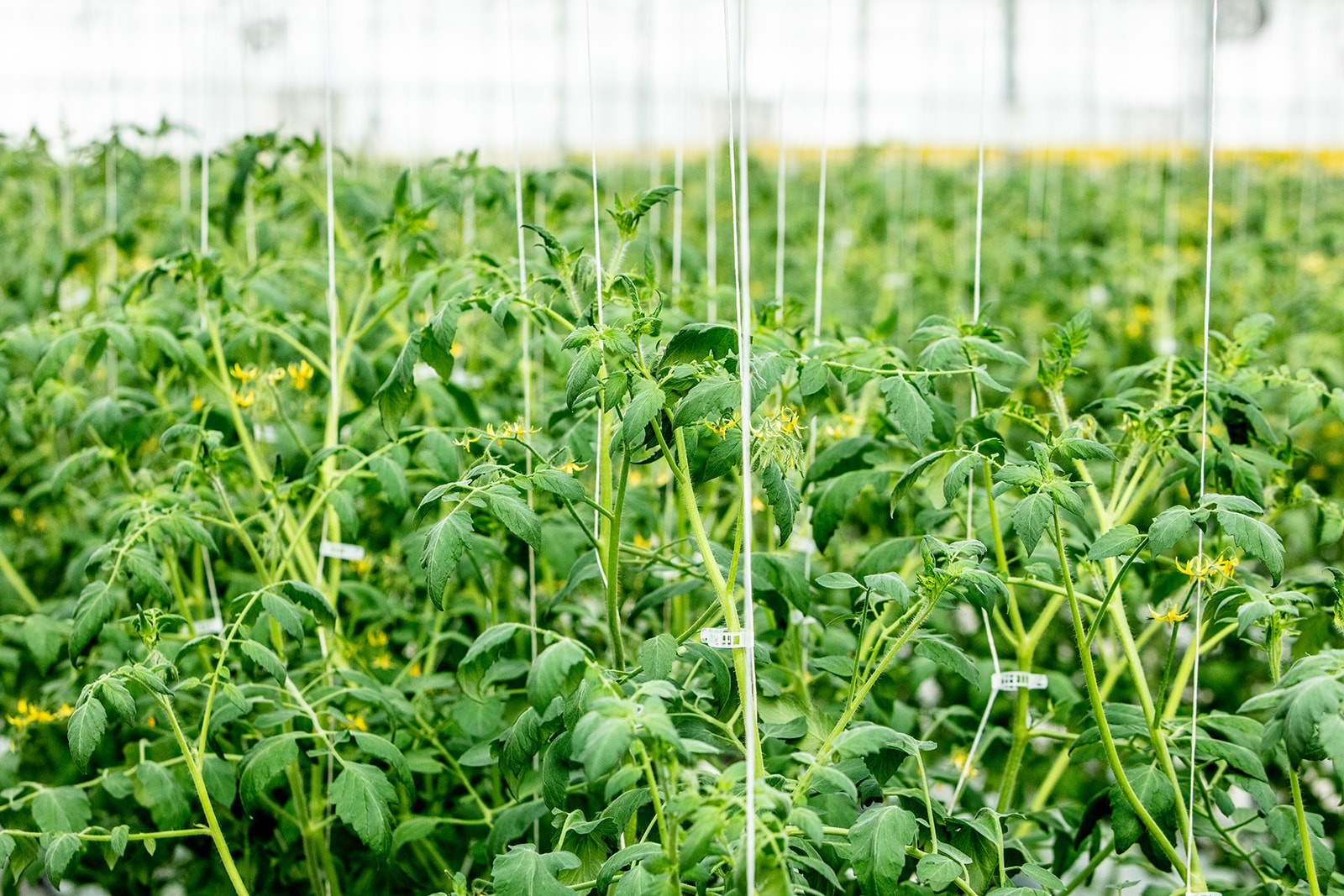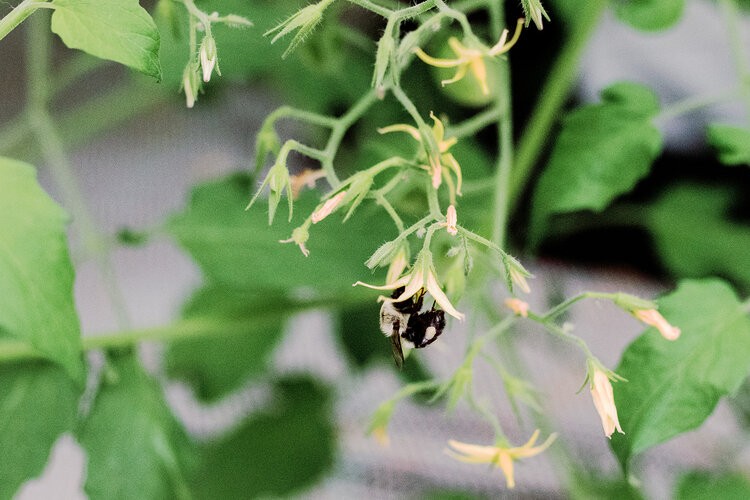More Blog & Articles
Explore Other Blog
Get in touch
Innovative Solutions for agriculture
Fixing the Food System: A Smarter Approach to Farming
Feb 26, 2025
Smarter Farming, Better Food
Tory Peyton
A System in Need of Change
The food system in the U.S. is broken—waste is high, food insecurity is widespread, and many farmers still rely on outdated, inefficient growing methods. At Kentucky Fresh Harvest, we believe the future of farming lies in innovation, sustainability, and efficiency—ensuring fresh, nutritious food is accessible to more people while reducing environmental impact.
The Problems in Today’s Food System
Our current food system faces major challenges that impact both consumers and growers:
✔ 40% of food in the U.S. goes to waste, even as millions face food insecurity.
✔ Resource inefficiency in traditional farming leads to excessive water, land, and energy use.
✔ Supply chain disruptions cause food shortages and higher prices.
Without new, sustainable solutions, these issues will continue to worsen.
A Smarter Way to Grow and Distribute Food
At Kentucky Fresh Harvest, we take a controlled, efficient approach to farming that reduces waste, optimizes resources, and ensures fresh produce reaches consumers quickly and consistently. Our solutions include:
✔ Greenhouse Growing – We create the ideal environment for crops year-round, ensuring a steady food supply in every season.
✔ Closed-Loop Irrigation – Our system captures, cleans, and recycles water, using 85% less than traditional farms.
✔ Efficient Distribution – We streamline our supply chain to reduce food waste and bring fresh, vine-ripened tomatoes straight to consumers.

"Fixing the food system starts with growing smarter, not just growing more."
A More Sustainable Future
Fixing the food system isn’t just about producing more—it’s about producing smarter. By combining technology, efficiency, and sustainable farming practices, we can:
✅ Reduce food waste and improve food security
✅ Use fewer resources while growing high-quality produce
✅ Create a reliable, resilient food supply for the future
At Kentucky Fresh Harvest, we believe that better farming leads to a better food system—one that benefits consumers, growers, and the planet.
📍 Learn how innovation is shaping the future of food.






